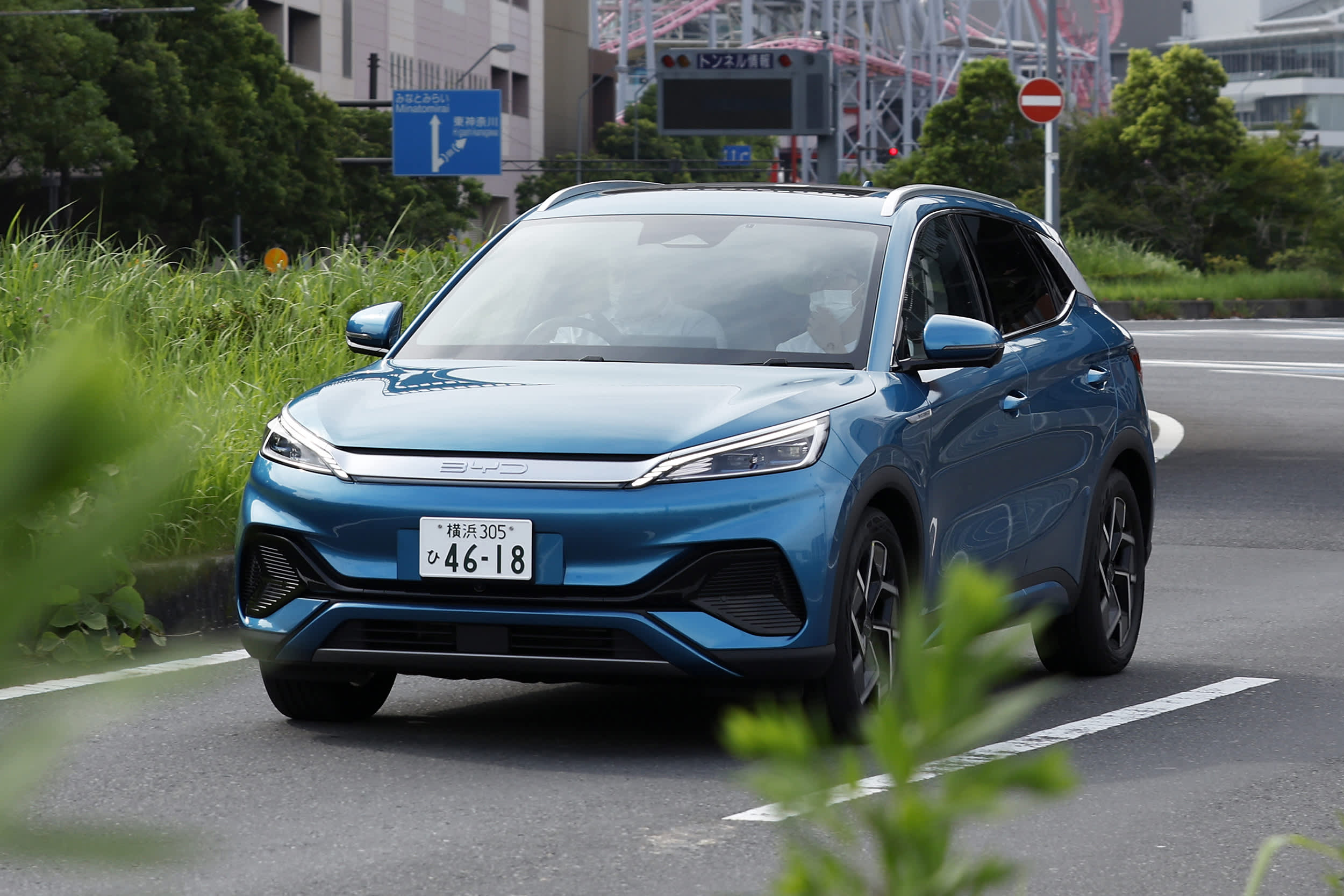
BEIJING — Chinese electric car and battery giant BYD is planning to open its first wholly invested passenger car factory outside China — in Thailand.
BYD signed a contract Thursday to buy land and build a factory for new energy passenger cars in an industrial park run by local giant WHA Group, according to press releases. The companies did not disclose an investment amount. New energy includes pure battery and hybrid power.
The news comes as BYD is expanding quickly into other countries. Notably, the company plans to enter the passenger car market in Japan — home to auto giant Toyota — by selling three electric car models to local customers next year.
BYD said it announced in early August its official entry into Thailand’s passenger car market.
The company said the new factory is set to begin operations in 2024, building cars for the local market and for export to countries such as those in Southeast Asia.
The cars will also be exported to Europe, WHA said.
Loading chart…
When the factory opens, annual production capacity will be about 150,000 vehicles, both companies said. WHA noted that by 2030, electric vehicles are expected to account for 30% of Thailand’s total car production — or 700,000 such cars a year.
Over roughly the last year, BYD has made many announcements about electric passenger car sales to countries such as Brazil, Australia, Singapore and Norway. Some mark the brand’s entry to those markets, although it’s unclear whether BYD is selling a meaningful number of cars there yet.
BYD’s rapid growth
For years, much of BYD’s business, especially overseas, has focused on commercial vehicles such as buses.
But in the last few years the company has quickly become an electric vehicle giant in China, the world’s largest auto market.
BYD said it sold more than 487,000 purely battery-powered passenger cars for the first eight months of the year — more than triple the number sold during the same period last year.
For a rough comparison, the latest figures from electric car maker Tesla show the company delivered 564,743 vehicles in the first six months of the year. That’s up 46% from a year ago.
Unlike Tesla’s handful of premium-priced models, BYD’s numerous models cover a range of prices.
BYD has said it stopped producing oil-fueled vehicles since March, and focused instead on battery-powered and hybrid vehicles. As of April 2021, BYD said all of its pure electric vehicles will use the company’s self-developed “Blade” battery that was first installed in its popular Han luxury sedan.
Source: CNBC
